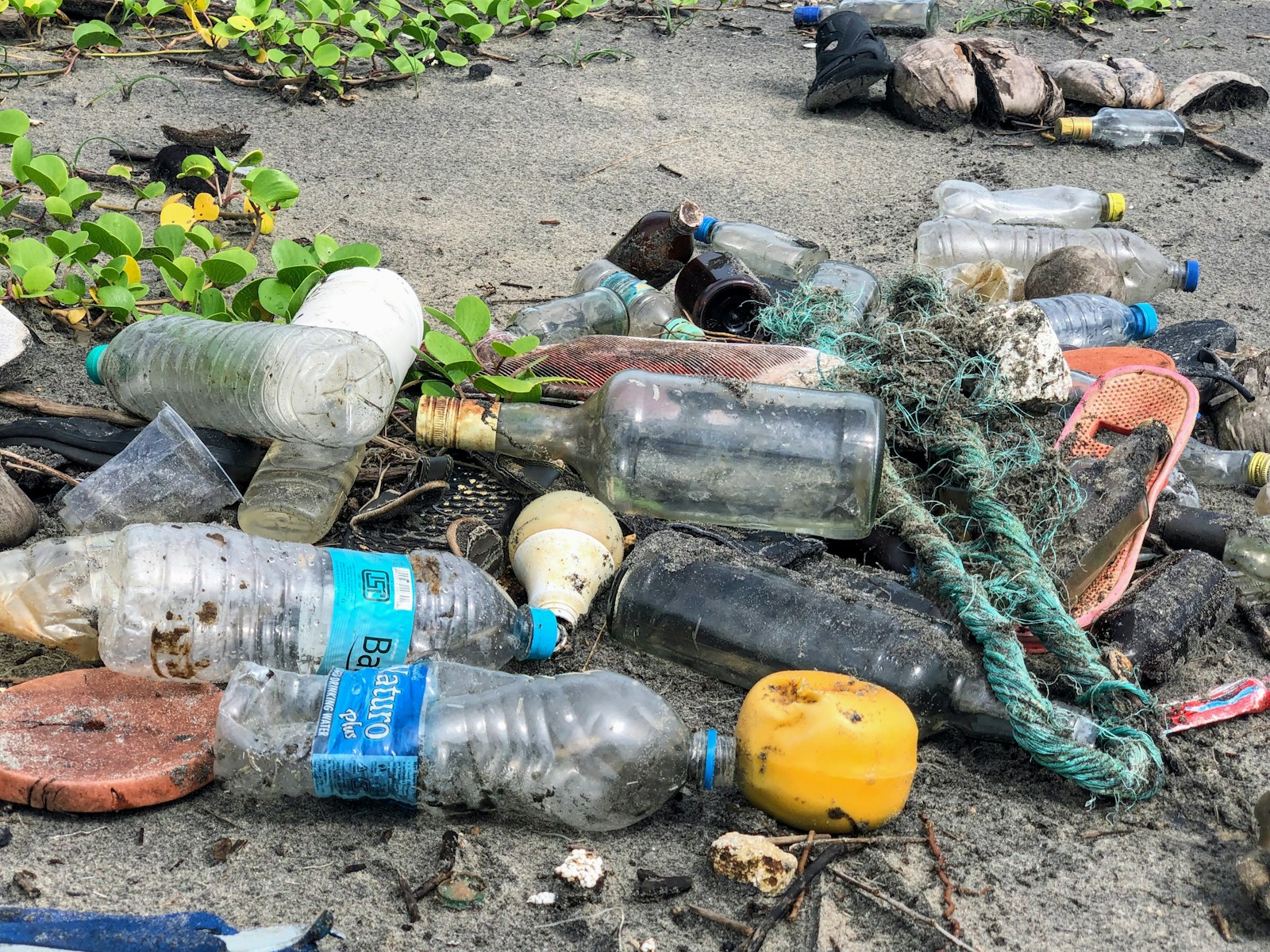Research from the Environmental Protection Agency (EPA) shows the construction sector is largely to blame for the fact Ireland’s recycling rate has stagnated in the past ten years.
EPA’s Circular Economy and Waste Statistics Highlights Report 2022 reveals that in 2022 Ireland generated 15.7 million tonnes of waste – equivalent to 8kg per person each day. Although the figure is an improvement from the 2021 findings, it reveals that the amount of waste generated in the country has increased by more than 20%.
‘Current measures to prevent waste, to promote reuse and to encourage recycling are not enough to meet mandatory municipal waste and plastic packaging targets,’ David Flynn, Director of the Office of Environmental Sustainability at the EPA said. ‘The challenge for Ireland is to reverse these trends and significantly reduce waste production and increase reuse and recycling.’
On the topic of reducing waste, the country’s construction sector needs a lot of work. The report highlighted that half of all litter generated in Ireland came from construction and demolition waste – 85% of which came in the form of soil and stone waste.
However, construction was found to be one of the best for upcycling materials. Currently, the sector has a target of recovering 70% of materials, mostly through back filling or land restoration, but was found to have surpassed this as it achieved 82%.
The report also outlined that whilst the construction sector was responsible for producing a lot of waste, the families who live in the houses created aren’t much better. Figures show 3.2 million tonnes of municipal waste – created by households and businesses – was seen in Ireland in 2022.
Experts also found Ireland’s capacity to collect and treat waste is ‘vulnerable and underperforming’ as 1.2 million tonnes of all municipal waste had to be exported to other countries.
Going forward, David said: ‘Strong implementation of existing policies and the introduction of new measures that support investment in new circular economy infrastructure will help move us away from a wasteful linear economy.’
Warren Phelan, Programme Manager of the EPA’s Circular Economy Programme, added: ‘Ireland’s economy is characterised by a high consumption of raw materials. However deeper change is needed right across the economy to accelerate the transition to a more circular economy. Effective regulation, incentives and enforcement are required to influence businesses and consumers to adopt best practices in production, supply, purchasing, use and reuse of goods, products and services.’
In related news:
Mind the gap: Expenses of living along the tube network revealed


















Leave a Reply